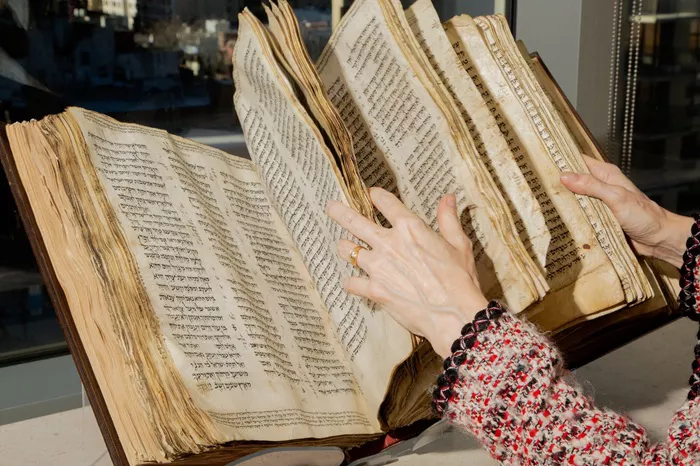In the world of literary creation, it’s not uncommon for ghostwriters to pen books attributed to high-profile figures such as politicians or celebrities. However, the concept of a “ghost editor” remains relatively unexplored. This idea takes center stage in The Ghost Editor, a new Hebrew-language novel by Ariel Horowitz. The novel introduces readers to a fictional American-Israeli scholar, Mordechai Yavin-Jesselson, who reflects on his life and career.
In an excerpt from the novel, translated by Yardenne Greenspan, Yavin-Jesselson, who prefers to be addressed formally as “Rabbi” or “Professor,” recounts his journey from his early life in Brooklyn to his current position at an institute in Israel. He describes the evolution of his academic career, his move to Israel, and the friendships he formed along the way, particularly with those who shared the experience of making aliyah in the 1950s.
“I’ve written six books, and I love them all,” Yavin-Jesselson says in the excerpt. “I love them almost as if they were my children.” His works, which have earned critical acclaim and several awards, are housed in a glass bookcase in the institute’s lobby.
At the heart of the novel is Yavin-Jesselson’s upcoming memoir, which he describes as a culmination of his spiritual and intellectual journey. The memoir will chronicle his life’s milestones, from his upbringing in Brooklyn to his rabbinical studies, his decision to make aliyah, and the founding of the institute. As he contemplates the future, Yavin-Jesselson expresses uncertainty about what lies ahead after his passing, hinting at the potential inclusion of personal stories about his family and his thoughts on legacy.
The Ghost Editor explores themes of identity, legacy, and intellectual achievement, all within the context of the immigrant experience and the intersection of Jewish faith and academia. The novel’s unique premise offers readers an introspective look at the complexities of both the individual and the collective memory.

